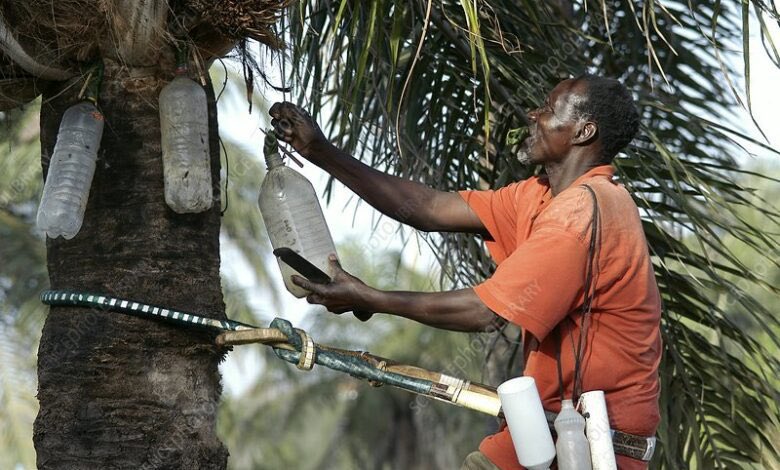The Gambia has secured financial support from UNESCO to take a major step in protecting one of its cherished cultural traditions: palm wine tapping. The announcement came during the third meeting of the Bureau of the twentieth session of the Intergovernmental Committee for the Safeguarding of the Intangible Cultural Heritage, held on 11 June 2025.
The Fund will provide US$9,540 (over half a million dalasis) to help prepare the nomination of palm wine tapping for possible inclusion on UNESCO’s List of Intangible Cultural Heritage in Need of Urgent Safeguarding. The project will focus on documenting and preserving traditional techniques of tapping, which have been passed down through generations in rural communities.
Palm wine tapping is more than a livelihood in parts of The Gambia—it’s a deep-rooted cultural practice, linked to social gatherings, traditional ceremonies and knowledge of local ecosystems. But like many forms of intangible heritage, it’s under threat due to changes in livelihoods, climate pressures and a fading interest among younger generations.
This latest funding is part of a broader initiative supported by the Intangible Cultural Heritage Fund, which granted nearly US$160,000 to several countries to support safeguarding measures. Six other countries received grants to prepare nominations for their own cultural traditions.
Here’s a quick breakdown of the other approved projects:
- Benin received US$9,373 for Vodun-related traditions.
- Burkina Faso got US$9,900 for the knowledge behind crafting Saponé hats.
- Saint Kitts and Nevis secured US$9,926 for their Masquerade traditions.
- Saint Lucia was granted US$10,000 for its vibrant Flower Festivals.
- Tanzania received US$10,000 for the iconic Khanga cloth tradition.
- Palestine was awarded US$100,000 in emergency support to safeguard its living heritage through community-based inventorying.

The Gambia’s nomination benefits from recent changes made by UNESCO under Resolution 10.GA 7. This new rule allows countries that don’t yet have any national heritage elements inscribed on the Representative List (excluding joint submissions with other countries) to access funding and technical support for their first nomination.





